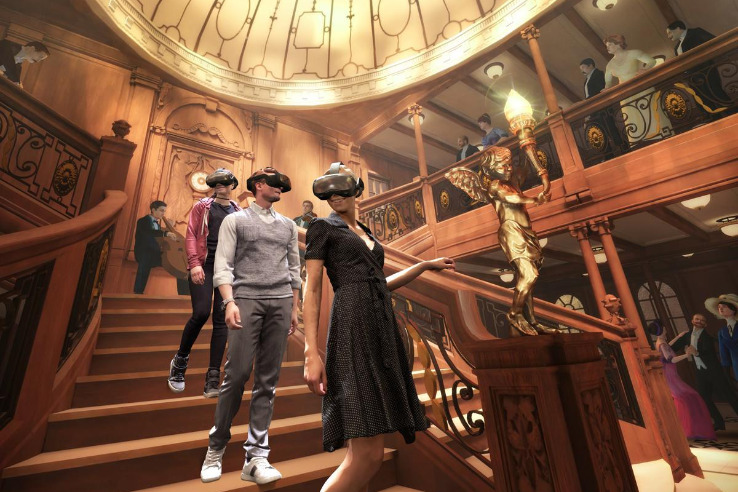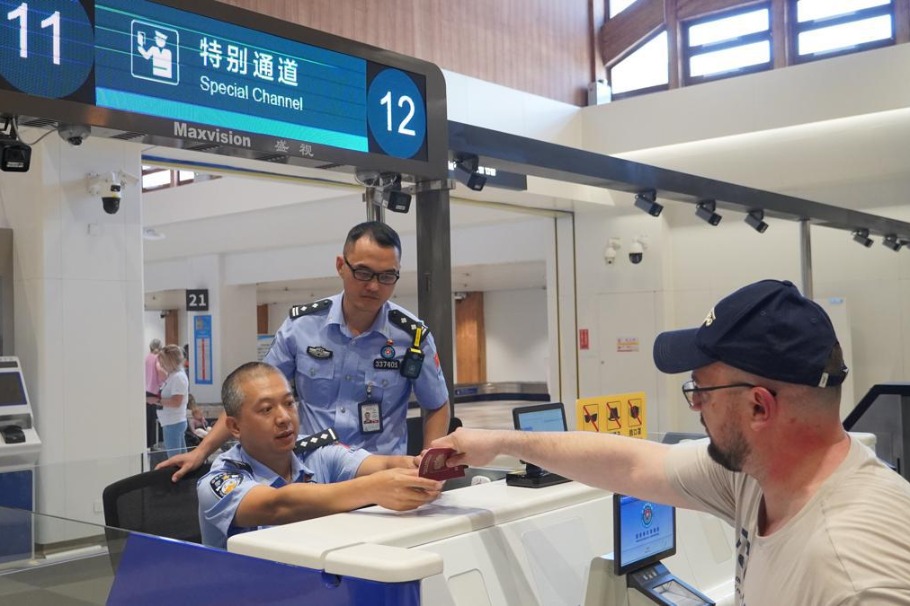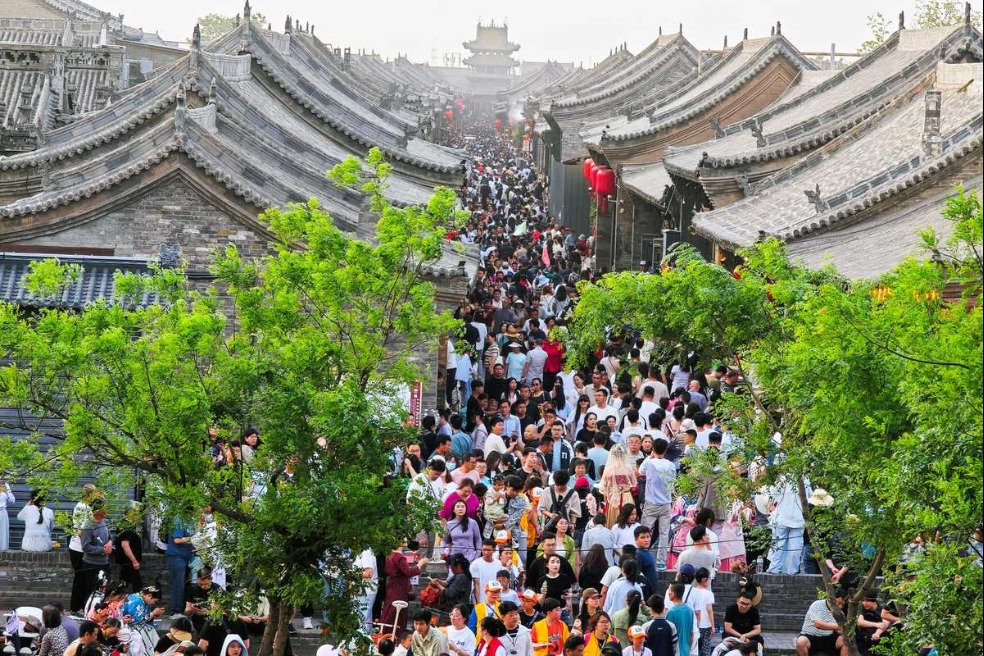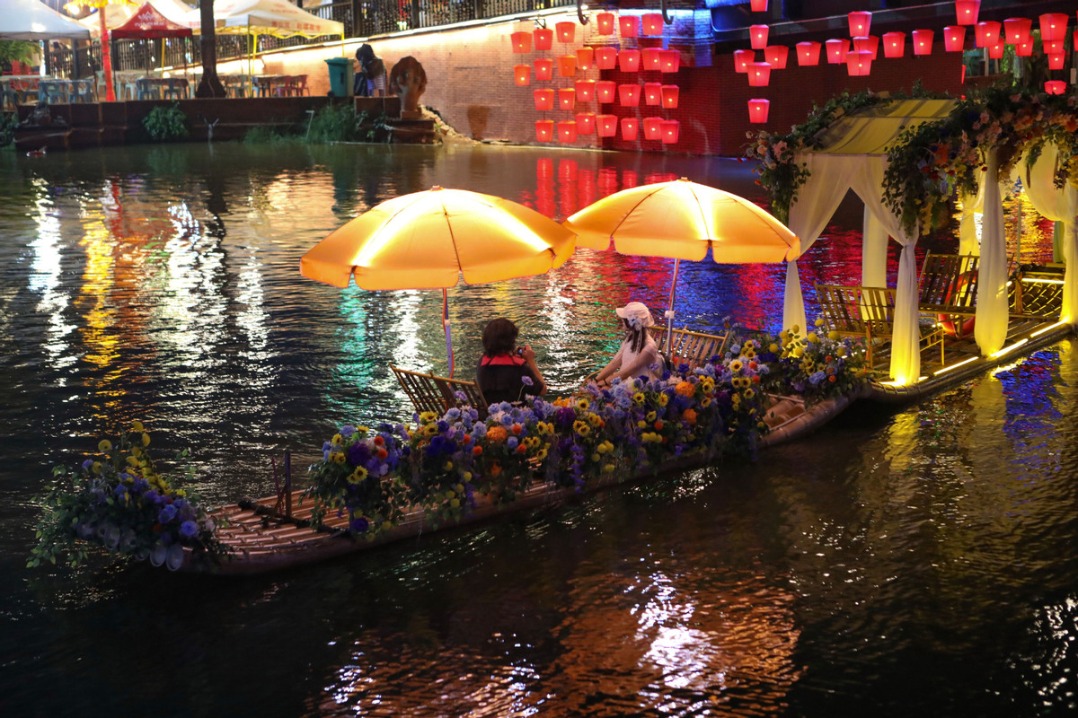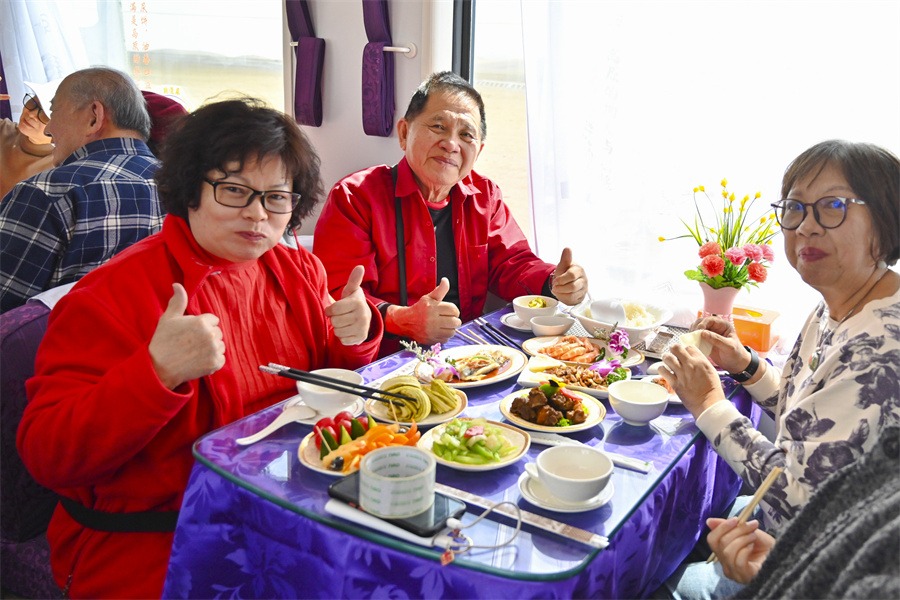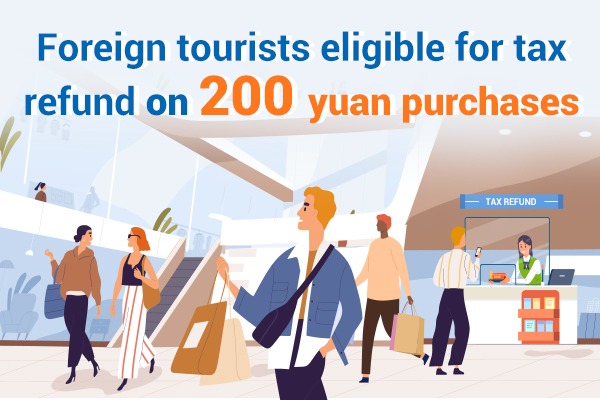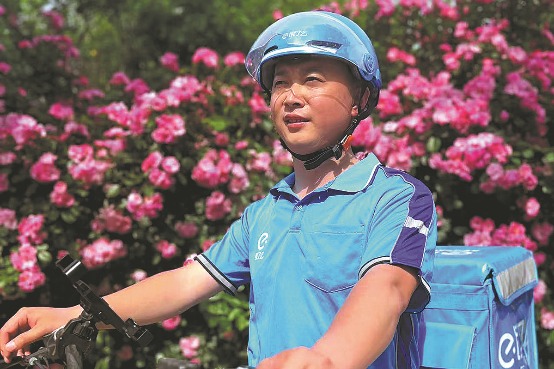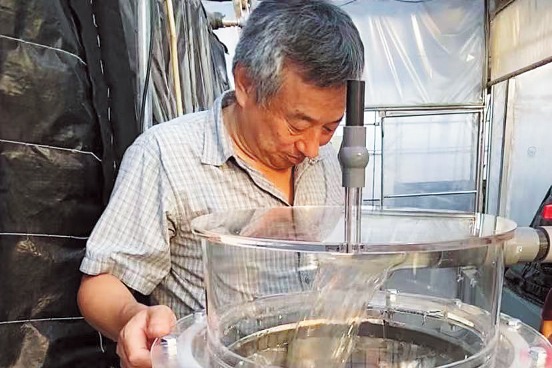Center promotes mutual learning

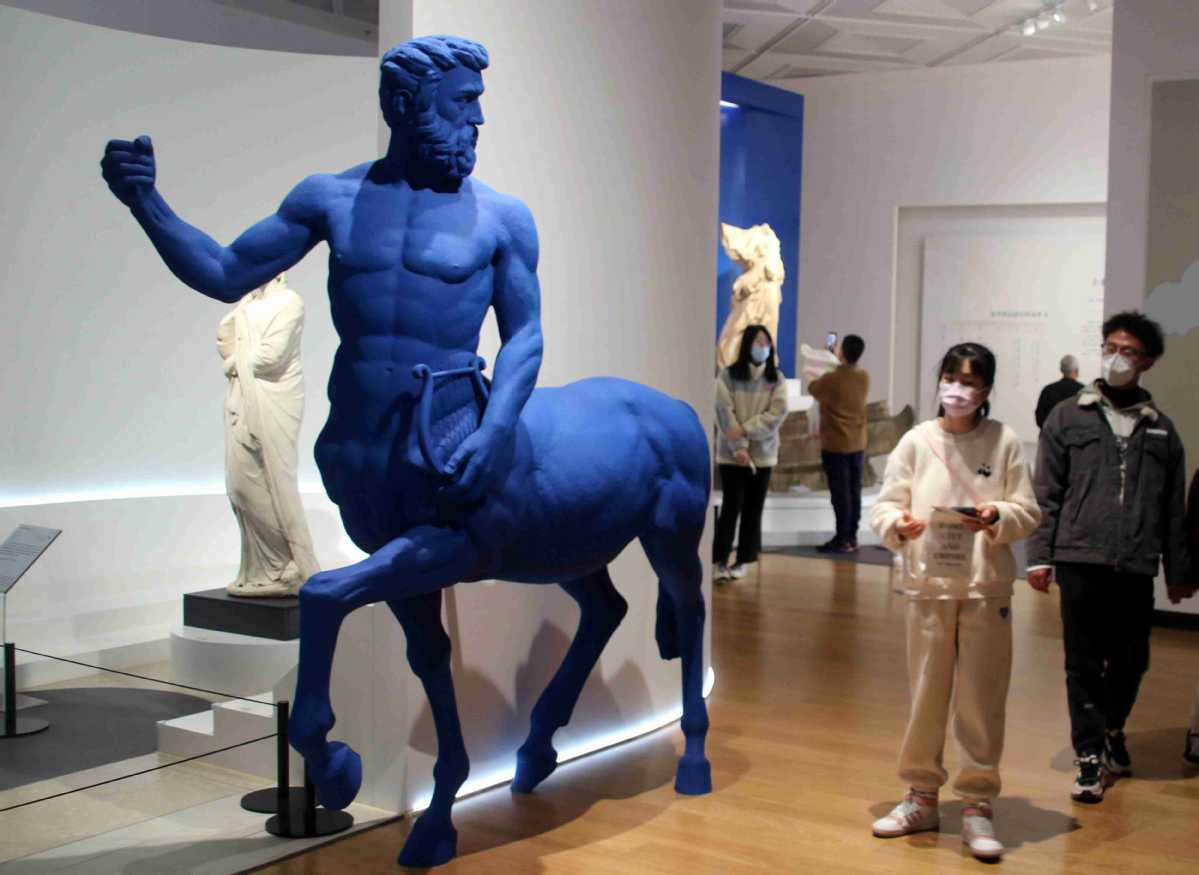
George Papandreou, who served as Greek prime minister from 2009 to 2011, has met Xi many times. He told reporters in a recent interview that in his eyes, Xi is a leader who has a good understanding of the essence and mission of civilization.
"In both the Chinese civilization and Greek civilization, we have concepts which provide us with guidelines to more harmonious cooperation in our world," he said, noting that, through their exchanges, the two countries could set an example of equal dialogue between civilizations.
According to Virvidakis, the Center of Chinese and Greek Ancient Civilizations will implement a series of projects this year, including academic exchanges, joint workshops and education programs, and summer and winter schools for students, as well as a major conference on issues related to the study of the two philosophical traditions.
"Thus, exchanges between academics, researchers and scholars in the two countries will soon multiply and they may also be joined by writers and artists," he said.
In a speech delivered in 2014 at the headquarters of the United Nations Educational, Scientific and Cultural Organization, Xi for the first time elaborated on his view that civilizations will become richer and more colorful with exchanges and mutual learning, thus providing an important drive for human progress and global peace and development.
He later stressed on different occasions that closer people-to-people exchanges and mutual learning of civilizations are a sure way to eliminate estrangement and misunderstanding and promote mutual understanding among nations.
Over the years, various types of exchange activities between Chinese and foreign civilizations have taken place in different places across the world.
In the Belgian city of Ghent, musical pieces by Belgian composer Johan Famaey were performed and sung in Chinese by Belgian artists to celebrate the Chinese New Year in February.
In Siem Reap province of Cambodia, Chinese and Cambodian experts are working together to restore the Royal Palace of the Angkor Thom after successfully restoring the Chau Say Tevoda temple and the Ta Keo temple at Angkor Wat.
In Saudi Arabia, an ancient and prosperous seaport, known as al Serrian, was unveiled in 2018 thanks to a joint Chinese-Saudi archaeological team's discovery of more than 100 ancient tombs and dozens of cultural relics.
In Iran, a total of 100 scholarships will be provided by the Chinese government to Chinese-language teachers there over the next five years as agreed upon by the two sides during Iranian President Ebrahim Raisi's recent visit to China.
"Mutual learning and exchanges among different civilizations can help dispel misgivings and enhance mutual trust, thus laying a solid cornerstone for the stable development of state-to-state relations," said Qian Yingchao, a professor of Greek studies at Beijing Foreign Studies University.
Virvidakis, from the University of Athens, said that exchanges of intellectuals, academics and scholars could also provide a basis for developing friendship among people who speak different languages and have their own particular historical experiences and cultural legacies.
He noted that what is most important is the possibility of highlighting shared and similar values that reveal the common core of humanity.
Wang Yong, the Chinese secretary-general of the newly established center and an associate professor at Southwest University in Chongqing, said that the best approach to furthering the mutual understanding between China and the rest of the world is to promote exchanges among different civilizations.
















